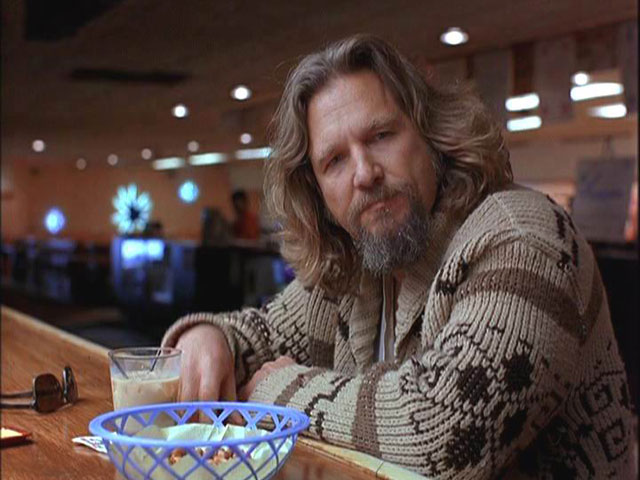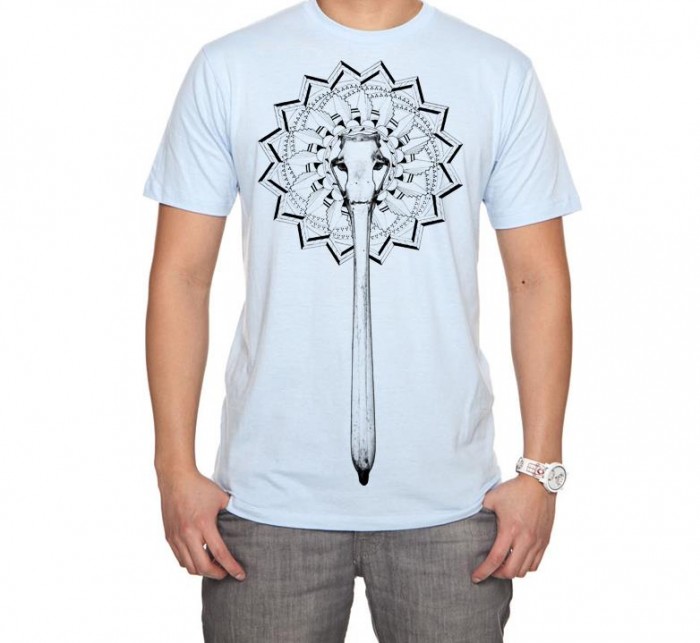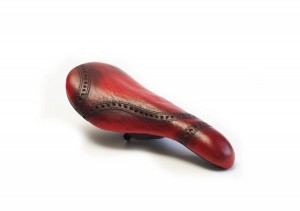Last night I had a few beers with the guys I used to work with back when my company was in Pennsylvania and still owned by me. From what I understand, this sort of thing goes on all the time in bars and bowling alleys around the world, but it was notable for me, because I’d never done it before. Ever.
Don’t get me wrong: I’d been in a few bars before, when it was unavoidable (keep in mind, I grew up when smoking was still not only allowed, but seemingly encouraged, in bars around Pittsburgh), and I’ve had to attend various social events and business lunches and dinners and such that involved talking to people and simulating fun. And, to be fair, part of never going out for beers was that I didn’t drink. I hadn’t had a beer until working under the interesting new ownership of my company last year. But I’m forty one years old now, and the statement’s true: I’d never gone out with the guys just to have a few beers.
For the last decade and a half, I didn’t go out after work partly because there was no after work. There was the more intense “daylight” phase of work, and then there was the calmer, more introspective “planning” phase of work that normal people call “after work.” A lot of people who own their own businesses fall into this trap, and lots of over-simplistic stuff has been written about how you need to learn to enjoy yourself and step away from your business now and again, but I always ignored all that.
Which was stupid.
The thing about me was that I really loved work. I loved working on web sites, talking about bike parts, designing bike parts, creating supply chain management systems, overseeing groups of people, working out marketing campaigns–all that stuff. Something about me just considers that stuff fun–or more than fun: the kind of thing I’d prefer to do if left to my own devices. I love building shit. I blame Legos.
Maybe I’m an extreme example, but just in case, my advice to any similarly self-destructive entrepreneurial types out there is to put the shit down and go have a beer. Or a coffee, if that’s your thing. The beverage doesn’t matter. Stepping outside the box you’ve made for yourself to get some perspective is what matters.
After this first foray into uncontrived socialization, I came home to a bunch of work I need to have done soon and some comments WordPress had pushed to my email. Carson Leh, the guy raising funds on Kickstarter to produce a series of “brogue” leather-covered saddles had contacted me to point out that his life wasn’t all fun and games. I recently gave Carson a bit of a hard time over the biography included on his project page, which, like a lot of Kickstarter bios, seems more focused on establishing credentials as a dynamic young person with a lot of exciting personal interests than it does convincing people you’re trying to build a responsible business. Carson, and a friend I tend to suspect might be his mom, wanted me to know he was no “Trustafarian,” and that he was holding down a day job in addition to sewing up leather saddles, and that–basically–I needed to lighten the fuck up.
He had a point. Sort of.
I’ve not found many people discussing this, but I think the Internet has fundamentally changed what we look for in a company. To some degree, bloated corporate statements about “hard work” and rigorous dedication to laboring away at the nuts and bolts of your business are giving way to a more narcissistic but genuine emphasis on the very personal story behind the business. Facebook and Twitter have fundamentally changed the game for marketing departments everywhere, and one of the reasons large corporations struggle figuring out how to use social media or just plain relate to people, compared to someone like Carson, is that these mega-corporations have no compelling, human stories to tell. Maybe they did once, but suffice to say that’s no longer our perception of them. Our perception is that they employ hundreds of thousands of people to produce hamburger-shaped objects each day, or use robots to mass produce millions of widgets we then purchase, but their businesses are largely built on avoiding personal stories–so much so that, when they try to, it just comes off hollow and a little sad. Our bought and paid for government might have decided corporations are people, but companies still haven’t figured out how to tell convincing personal stories, because all they are to us is their product or service, whereas some people will want to contribute to Carson just because he’s Carson.
In other words, this has to be the most interesting time ever to be involved in marketing. I have profoundly mixed feelings about what I see as a major transformation in how businesses communicate, and what people choose to value about a business. How much should personal story matter? Would people have ever bought shoes from Tom’s if not for the compelling social story behind the company? Can appealing to our better angels be both marketing and genuine social good? The danger I see is that we’re increasingly unable to draw a line between the quality of a product and what we believe to be that product’s story. At the risk of overwhelming my point with too charged an example: typing on an iPhone just plain sucks. I don’t see how anyone manages to crank out emails with that keyboard compared to Swiftkey on an Android phone or even a clacky Blackberry, but ask almost anyone which smartphone has the best “user interface” and the general consensus is that nothing touches an iPhone, despite the fact that what many of us do on our phones to communicate–more even than talking–involves typing, and typing on an iPhone is just painful. But the iPhone keyboard has to be better because Steve Jobs was totally OCD about that shit. Right? “I heard he once threw somebody down a flight of stairs because he didn’t like the beveling on a Macbook.” That sort of thing.
The new reliance on personal story is significant. Really significant. I don’t expect we’ll ever see a return to a labor-driven middle class in America, for instance, in part because we no longer value hard work when it’s done in the background, as part of a team of people. Instead, we value narcissism, a lack of humility, and constant personal recognition for everything we do. If Carson makes great saddles, people should buy a lot of them, but not just because they like him, and not just because he likes himself. I could see a market for what he does–hell, if the leather was a little less artsy and the price could be dialed in, who doesn’t have a beloved saddle that had to finally be put down because of a ripped cover, and would’ve much rather sent it off to be covered in industrial strength leather to start life all over again? (And while we’re at it, who doesn’t want a nearly theft-proof bike light that looks like the chambers of a revolver?) Having a human backstory matters, but it shouldn’t overshadow the product (which makes me highly suspicious of epic bike rides across the country to “document” things).
So some well-deserved credit to Carson for putting a product out there, and sincere good luck to his business. If you want to get your brogue on–or maybe go basic black–you can get in touch with Carson through Kickstarter. Just don’t criticize the pelican logo, or his mom will bust your ass up.






